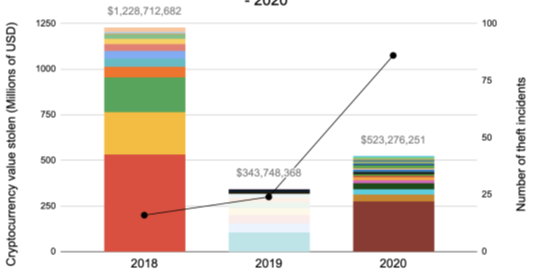MINING POOLS – How to get a cryptocurrency?

KIEŁTYKA GŁADKOWSKI KG LEGAL constantly supervises and prepares its lawyers for the specialization in which they provide services for foreign clients. In order to systematize the conceptual grid of very specialized fields of IT, telecommunications, biology, medicine and modern finance, KIEŁTYKA GŁADKOWSKI conducts internal consultations to improve the experience of our lawyers specializing in legal assistance for foreign clients from the IT and TECH sector. As a result of such internal research, KIEŁTYKA GŁADKOWSKI creates and publishes texts on topics related to modern legal problems, but also to explain the basic concepts of specialized IT and pharmaceutical fields. In this way, KIEŁTYKA GŁADKOWSKI aims to demonstrate to potential clients within specialized industries that our lawyers are also familiar with specialist terms necessary for a proper understanding of our foreign client’s business and legal needs.
This is one of those texts. We invite you to read it.
How to get a cryptocurrency?
Cryptocurrency is not emitted by some central, national bank as it happens with classical form of money (fiat money). Cryptocurrency is made in a digital sphere and the only way to obtain the currency from the blockchain system is to mine it (similarly and metaphorically to the gold mining). Cryptocurrency mining works similarly to the gold mining. Virtual coins can be discovered digitally using computer programs. The Bitcoin, for instance, has set a limit of total of 21 million bitcoins. Thus the faster you dig bitcoins the more of them you will have (if we consider only mining). All bitcoins are lying within the blockchains system and the role of the computer program and the miners is to dig it from that system, precisely to discover it in that system. Thereby there can be one miner or a clubbed miners’ group who dig together, faster and more effectively and then they divide their profits among each other.
What is a mining pool?


